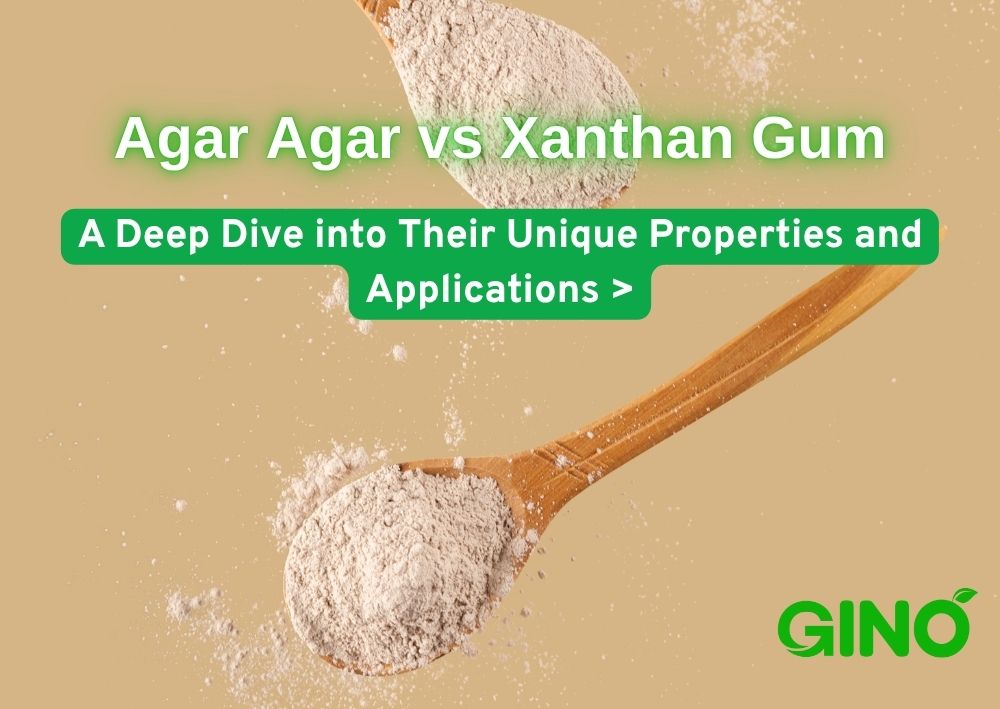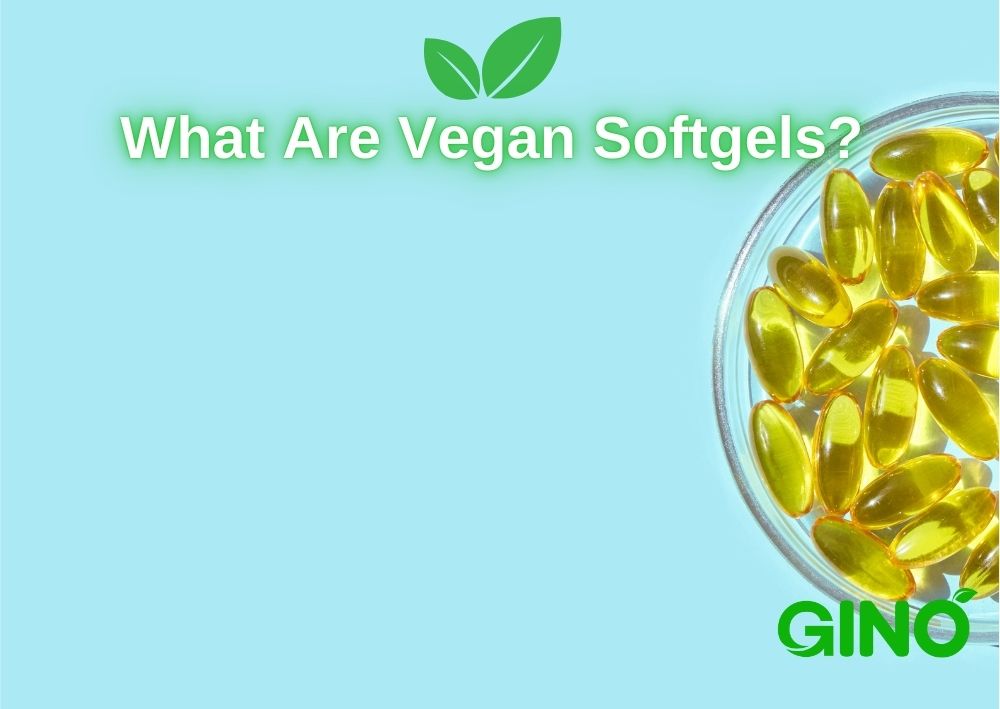For over 10 years, Gino Biotech has been a major supplier of food hydrocolloids. With our variety of plant-based gums & stabilizers, we can create tailor-made hydrocolloid solutions perfectly matched to the needs of our customers. READ MORE
5 Things You Need to Know About Carrageenan in Cream Cheese
Facebook
Twitter
LinkedIn

1. What is Cream Cheese
Most of us are familiar with cream cheese (or processed cheese / sliced and spreadable cheese), which is loved for its smooth and creamy texture. The history of cream cheese dates back to seventeenth-century France. It is believed that this type of cheese has also been used in England since the eighteenth century.
However, in the case of the United States, cream cheese is said to be prepared for the first time, in 1872. The credit for this goes to the American dairyman William Lawrence. Later, the American food processing company called 'Kraft foods" started producing and marketing this product under the brand name 'Philadelphia'.
As per the FDA, cream cheese is defined as soft white cheese with a minimum of 33% milk fat content and a maximum of 55% moisture content. Even the pH range of this cheese has to be between 4.4 to 4.9. Nowadays, you may find cream cheese in many different versions including low-fat and no-fat varieties.
These include solid blocks that are packed in foils and creamy spreads in containers. The later versions can be spread easily, even if it is kept inside the refrigerator. This is achieved by whipping in the air in the cheese. Cream cheese differs from most of the other cheese types, as it is not matured and is meant for fresh use with a shorter shelf life.
2. Essential Ingredients-Carrageenan in Cream Cheese
Being a dairy product, it can be inferred that cream is made of milk. Pasteurized and homogenized cow's milk is primarily used for this purpose. Cheese culture like lactic acid bacteria is added to this milk, for fermentation.
This mixture is heated to the right temperature and is further processed to produce cream cheese.
This is the basic method of cream cheese preparation.
Apart from milk and cheese culture, commercial cream cheese contains various other additives and preservatives.
This includes salt and stabilizers, like carrageenan in cream cheese. Some of the latest versions of cream cheese contain different flavorings like that of fruits, herbs, salmon, etc.
3. Growing Trend
During the last few years, fast foods and convenience dishes containing processed cheese have achieved an enormous market penetration, due not only to their accessible cost, availability, and ease of use but also due to the fact that the processed cheese included endows them with a unique function such which turns these plates into a whole experience.
Processed cheese is obtained through a mix of natural cheeses, subjected to heat, in order to meet with melting salts. The product obtained is placed into molds and cooled. This simple process enables to create “customer‘s tailor suit "which may be grated or sliced, gratinated, or melted completely. They may also be designed to cover special diet needs, for example, products low in calories, lactose-free, low in saturated fats, and cholesterol-free, including nutraceutical ingredients, among others.
4. Current Situation
However, in most cases, the simple combination of cheeses does not render the function. It becomes necessary to resort to stabilizing systems,
mainly based on carrageenan,
which contributes the necessary firmness towards slicing, grating, or spreading; reduces the adherence and/or caking, prevents the migration of fat and water, provides creaminess and in general improves the sensory qualities of the product.
5. Homemade Cream Cheese
Even though cream cheese is available in the market in various versions, you may prepare this dairy product at home too
For more information about carrageenan in cream cheese or the recipe and steps, pls send an email to us.
Even though cream cheese is nutritious, moderate use is always recommended.
Gino Biotech offers a range of products specially developed for the production and stabilization of cream cheese.
With our variety of gelling/stabilizing systems, we can create tailor-made solutions perfectly matched to the needs of our customers.
Recent Posts
About Gino Biotech

We are a biotech company specialized in the research, development and commercialization of innovative and technological food additives hydrocolloids Agar Agar, Carrageenan and Tailor-Made Stabilizer Solutions.
With the extended know-how and experience in the research, application and use of Hydrocolloids, we could provide one-stop-shop customized solutions perfectly matched to the needs of our customers.
Our products cover the needs of the Meat, Dairy, Bakery, Confectionery, and other industrial sectors.











